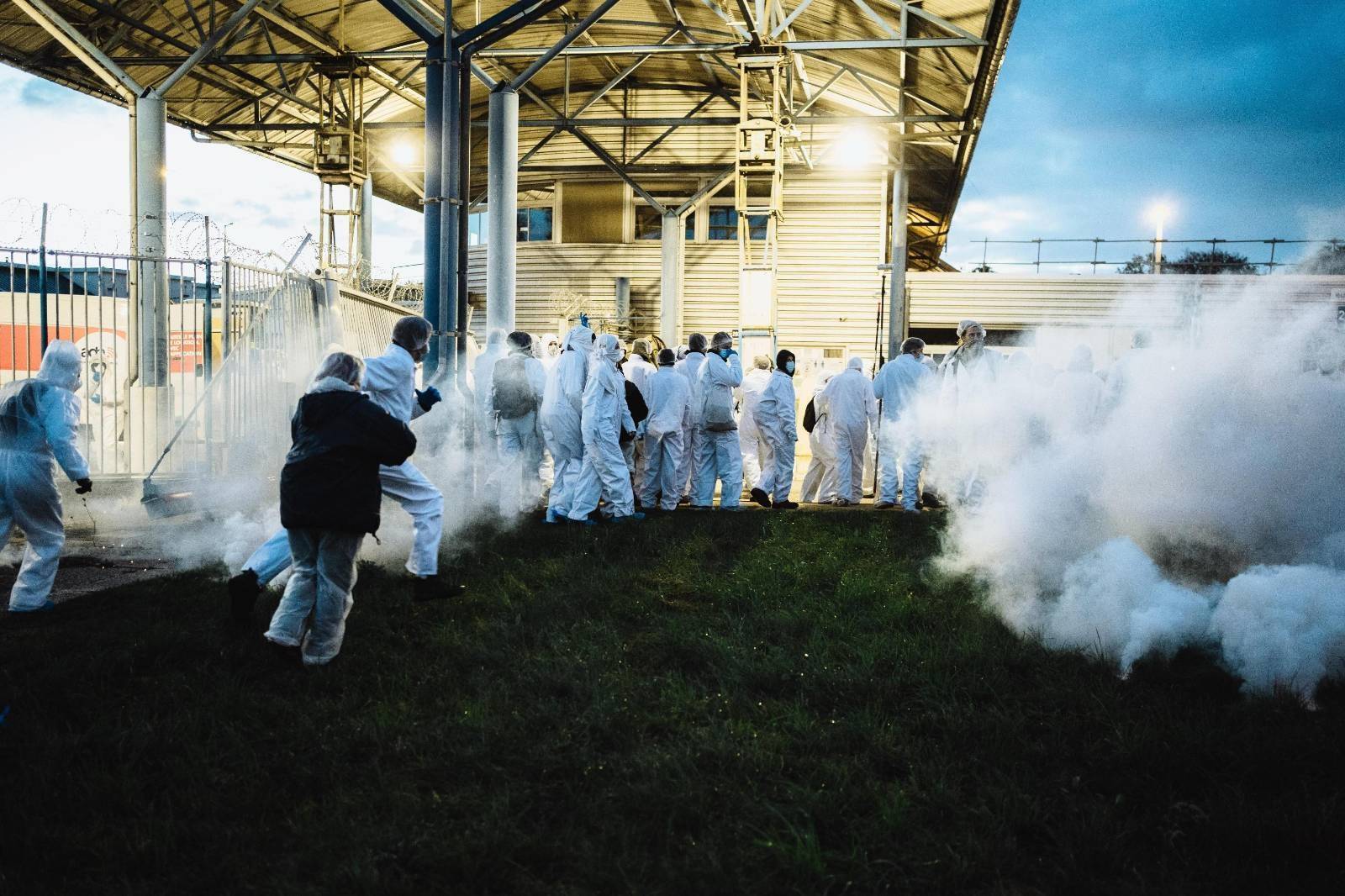Young climate activists have joined the masses of Polish women protesting the draconian ban on abortions in the country. Like the leaders of the women’s protests, the police in Poland have come down hard on the youngsters too.
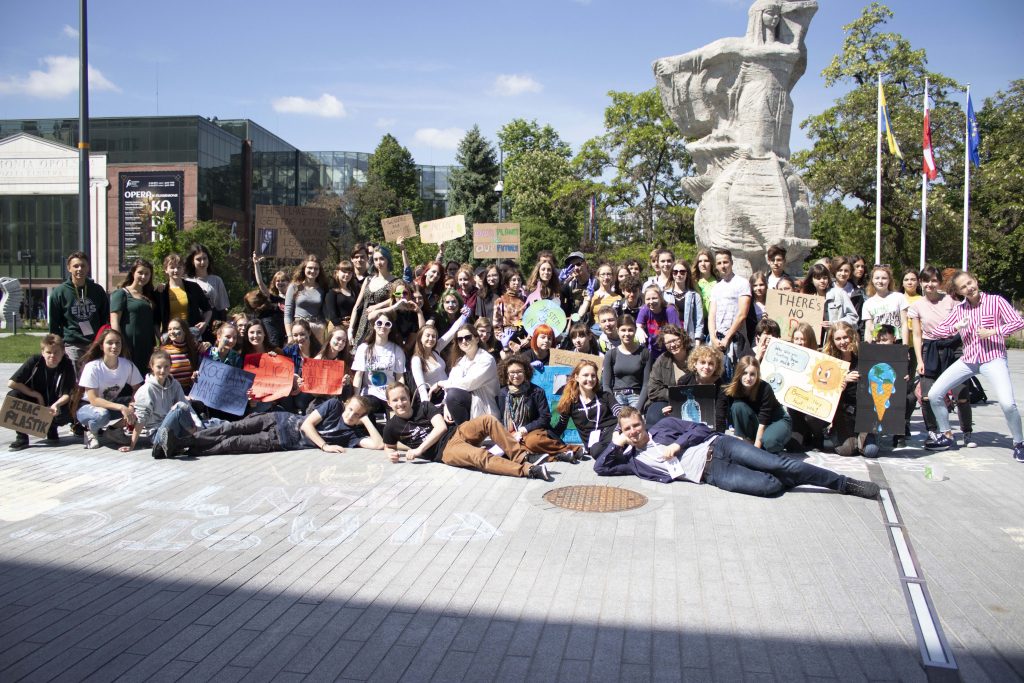
Kacper Lubiewski who set up the Fridays For Future branch in his hometown Opole, became one of the first victims of unwarranted police actions against young activists in recent times. On 9th of December 2020, 17 year old Kacper was first ID’d by the police, then stopped from addressing the demonstration he organised named Walk for Future and later wrongly suspected of being a ‘demoralised’ minor.
Joined by close to 150 protesters, Kacper was there to pressure the Polish government to join the rest of the EU to reach carbon neutrality by 2050. After the local police suspected him to be ‘demoralised’, the Polish courts have recently discarded the case. But for a period of time Kacper says he was “theoretically” under risk of being forced to leave his parents to go live in a reformatory.
“I was the main organiser of the demonstration. People gathered and we moved towards the centre of Opole. I was approached by two policemen who objected to my presence there, as I am a minor, and I am alone. But, I’m over 16, and only people under 16 cannot be alone [at demonstrations] according to Polish law. So, I had the legal right to be alone and also my parents were, in fact, also there,” says Kascper. The policemen were shocked to hear this but anyway proceeded to ID both him and then his father “for some unknown reason”.
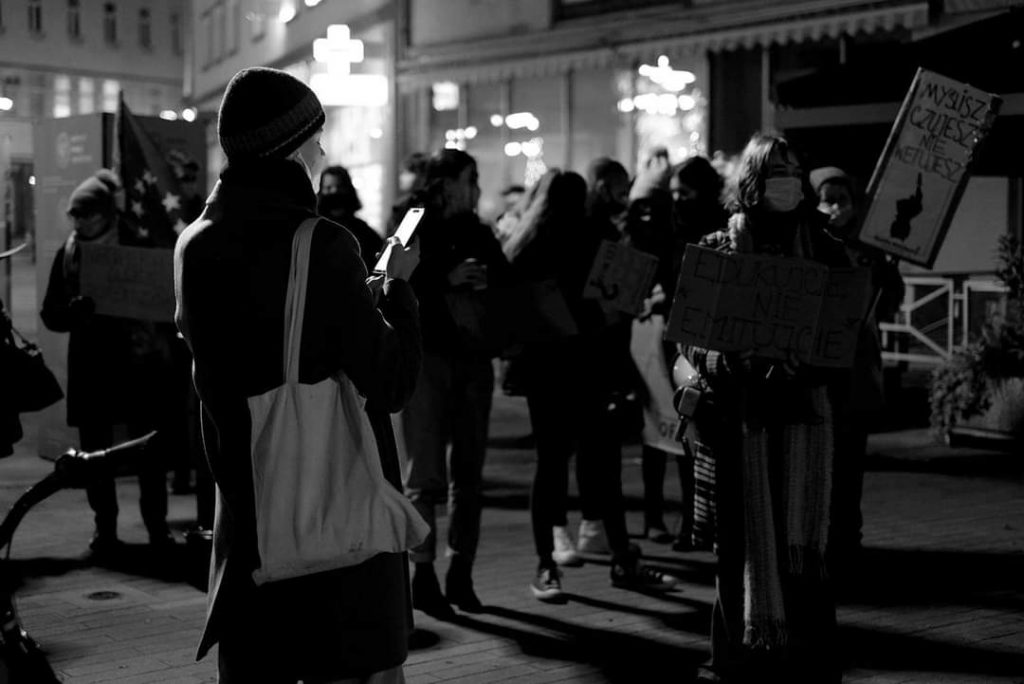
Soon after, as the demonstration reached its zenith at the town square, Kacper began to address the Walk For Future. He had a speech prepared that laid bare the demand to Polish politicians to not deploy Poland’s veto to reach carbon neutrality by 2050, at the then upcoming EU Council meeting. Few seconds into his speech, Kacper was stopped by the policemen again.
“I just literally said two sentences and I was approached by another policeman who said that it is illegal to use a megaphone, because it is against the environmental law.”
“I put down the megaphone and continued to shout out my speech, which is apparently not against environmental law,” Kacper says. The young climate activist is not blind to the irony of their objection. “It was so absurd,” he says, seeing right through the Polish state’s wimpish tactic to discourage young people from joining in the protests currently gripping the nation.
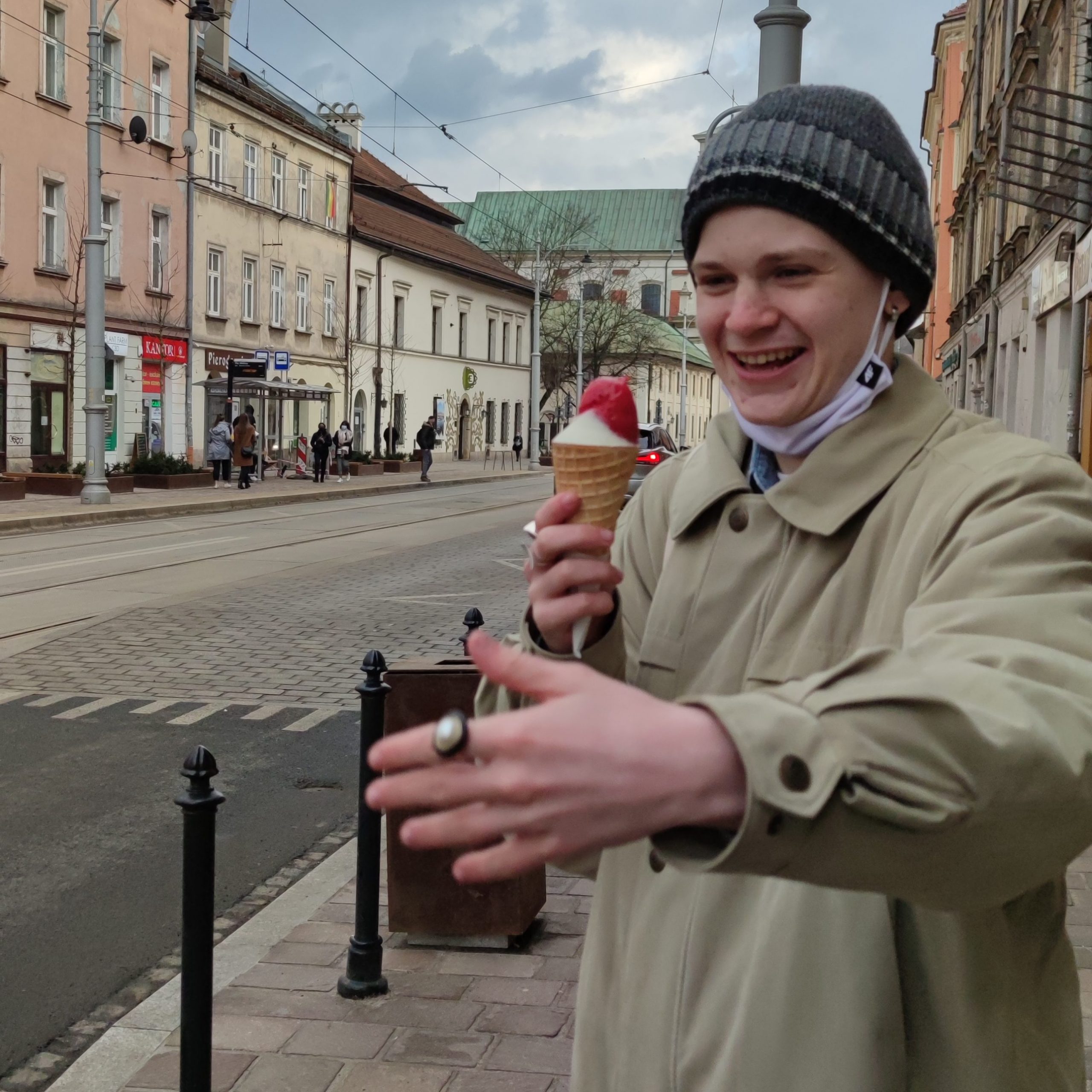
Young people all over the globe are leading the response to the climate disaster – a result of industrialisation that followed Europe’s colonial project in the last 200 years. Most notable is the Fridays For Future (FFF) movement, which has spread like wildfire; it is now common to see FFF banners dropped from windows and porches in European homes where young people live. Is a fight for their literal future, unaffordable by young people under the current laws of the land? In Kacper’s case, the Polish courts were forced to answer this question.
Two days after the Walk for Future in Opole, Poland did deploy its veto, turning away from the commitment to carbon neutrality– the only EU state to do so. Meanwhile, in the local police station, a case was being built suspecting Kacper of being a demoralised minor. On 14th January, a representative of the Polish courts turned up at the house of the Lubiewskis to investigate if Kacper was in fact demoralised as the police suspected. After investigations and interviews with the family, the court-representative subsequently reported that Kacper was anything but.
“What the police told the court is that 1) I broke the environmental law, and 2) according to them, there was a high possibility of me being demoralised and that I am a demoralised person. Actually, it’s not very rare in Poland, when minors are committing a crime or are breaking the law, the legal framework is often based on them being ‘demoralised’. In my case, it’s very obvious to me that I’m not de-moralized, I didn’t know about other people,” he says, half chuckling.
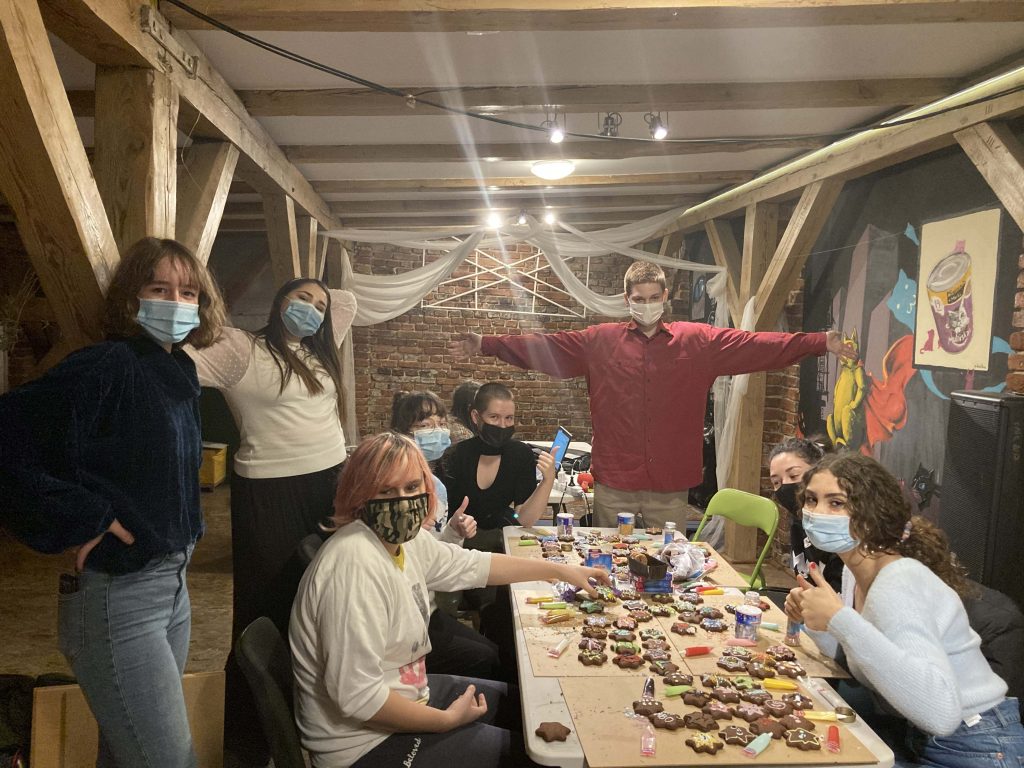
Kacper is a top student in his school and a decent young person as attested by multiple sources including his headmaster in several recent reports in Polish media. He started engaging with climate activism a few years ago when he recognised the potential of his peers like Greta Thunberg in bringing the world’s attention on the climate change disaster. When not marching for the cause, Kacper can be found enjoying the daily grind at the FFF office in Opole that he set up with 20 other young activists two years ago, “organising drives and folders so everything is in order” and inviting hundreds of people to seminars. A self confessed “seminar addict”, during the pandemic, he has put in a lot of work holding online discussions on climate action with young people all over Poland. Recently, he framed an online event named Fridays For Future Church that explored the heavy influence the christian church could have on Polish climate action, as he believes fighting against climate change is the most christian thing one can do.
When the report of court-representative was crystal clear, everyone including his “very good lawyer” believed the case would be discarded. In February, Kacper had reasons to believe that the case does have a legal future despite the expert recommendation against it. Stumped, Kacper and his family spent the beginning of this year awaiting the date when they have to turn up to court to meet the assigned judge. On 5th March the case was finally discarded.
Making matters worse, a recent investigation by a journalist found that the policeman who first approached Kacper on the day of the protest has taken up new responsibilities. The matter is now debated around the country, and some MPs have also expressed their exasperation.
Kacper himself has no doubts. “We have to be very direct and loud about the fact that such police action is nothing more than an attempt to suppress and scare climate activists in general but most importantly, young people from Poland, from going out and protesting for climate laws. I am not deterred but encouraged by this irritation that the police has caused me and my family. Young people like me, we will definitely change the political climate and in the years to come.”
In his call to action Kacper says: “Fellow activists, my example and other cases of Polish climate activists show that the political establishment is scared of young people. They’re scared of our voices, demands and power. Be strong, be resilient and fight. If we persist, together we will achieve our goals.”



